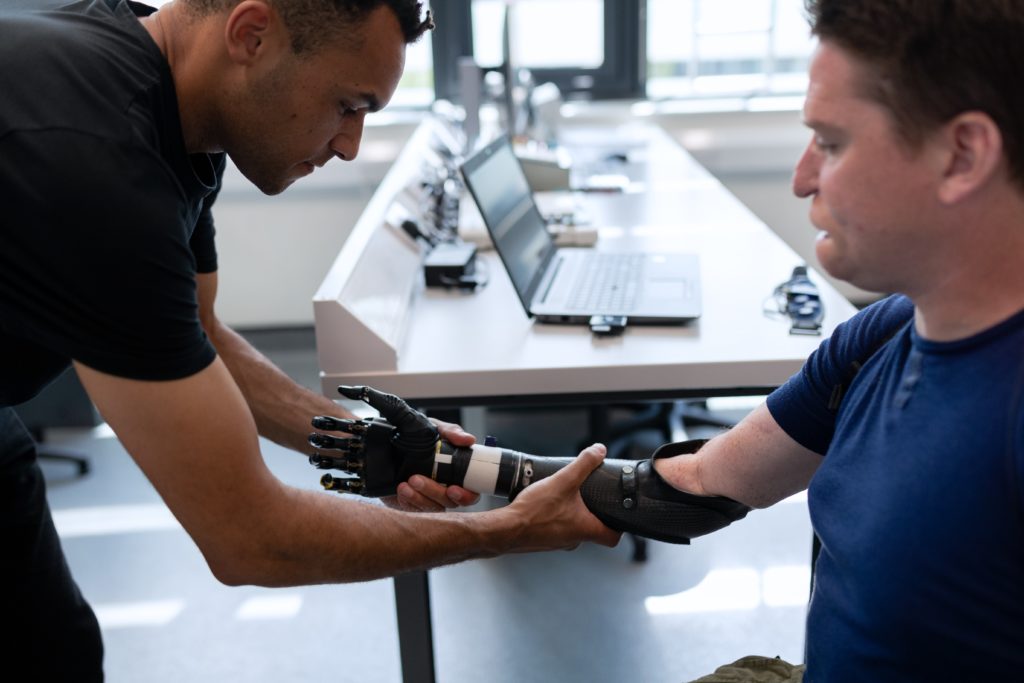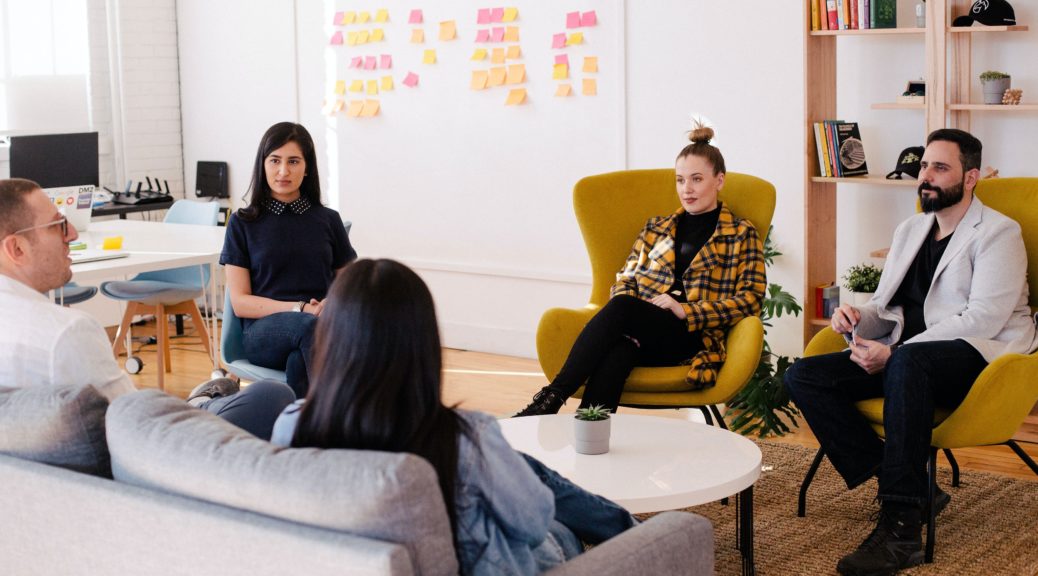By Leah Mary King
Recently I have been having fascinating conversations about cultural competency and cultural awareness. I was first introduced to the idea of cultural competency a little while ago and found it to be an interesting and important concept. My understanding of cultural competency is as a way to understand and invite people to share about their culture in order for one to become more “competent” in that culture.
While I know this term was coined in an effort to encourage more cultural appreciation and inclusivity in education, research, and work, the word “competency” did not encapsulate the understanding of culture I was striving for. Just because I have a Bachelor’s degree in East Asian Area Studies, have traveled around the world studying culture, and shadowed patients from different cultures doesn’t mean I’m competent in their culture. I will never be competent in someone else’s culture. However, that doesn’t mean I’m not striving to be culturally aware and respectful. I constantly check my assumptions and try not to place my western viewpoints onto people I meet.

As a conversation partner with the American Language Institute, something as simple as using Line, WhatsApp, WeChat, Or KakaoTalk instead of using text messages makes the students I work with more comfortable texting in English. As a future occupational therapist, I anticipate that I will work with people from very different language and cultural backgrounds. In my fieldwork and volunteer experiences I’ve heard many therapists and doctors say that “the client needs an interpreter because they can’t speak English”. Although it is probably unintentional, this Western viewpoint blames the clients we serve instead of working with them in a culturally sensitive way. Instead, the therapist must take responsibility for meeting the clients where they are by having an interpreter for the therapist instead of for the client. This is how therapists can build an empathic and cultural bridge when serving their clients.

I am constantly working on cultural awareness and cultural humility, whether it’s during my fieldwork, having conversations with international students, or in my community. They are the experts in their culture and I want to respect their values and traditions as well as engage in their cultural activities with curiosity and respect. I am currently working on my Leadership Capstone Project in my occupational therapy program. The goal of my project is to support the design of an elective course to increase occupational therapy students’ cultural awareness when communicating and practicing in a global world. The focus of this elective is on Mandarin Communication and Culture in Rehabilitation. I’m working on this project with Dr. Elena Meng and the USC Chan Division of Occupational Science and Occupational Therapy’s “Global Initiatives” and “China Initiative” teams. Hopefully through this project I will also increase my awareness of cultural norms and differences to support my future practice with an Asian population. Developing cultural competency is so important in the modern workforce, and I hope to bring what I have learned about this concept into my future as an occupational therapist.
Featured Image by Jason Goodman on Unsplash
Leah is an Occupational Therapy graduate student at USC. She has been a conversation partner at ALI since 2017 and loves meeting and talking to international students about their cultures. During her time as an undergraduate, Leah was a double major in Cognitive Science and East Asian Area Studies and has studied and worked all over the world including in Taiwan, China, Hong Kong, Japan, and Israel. Some hobbies she engages in are hiking, trying new foods, participating in USC’s OT Global Initiatives, traveling to national parks, and training for a triathlon.

